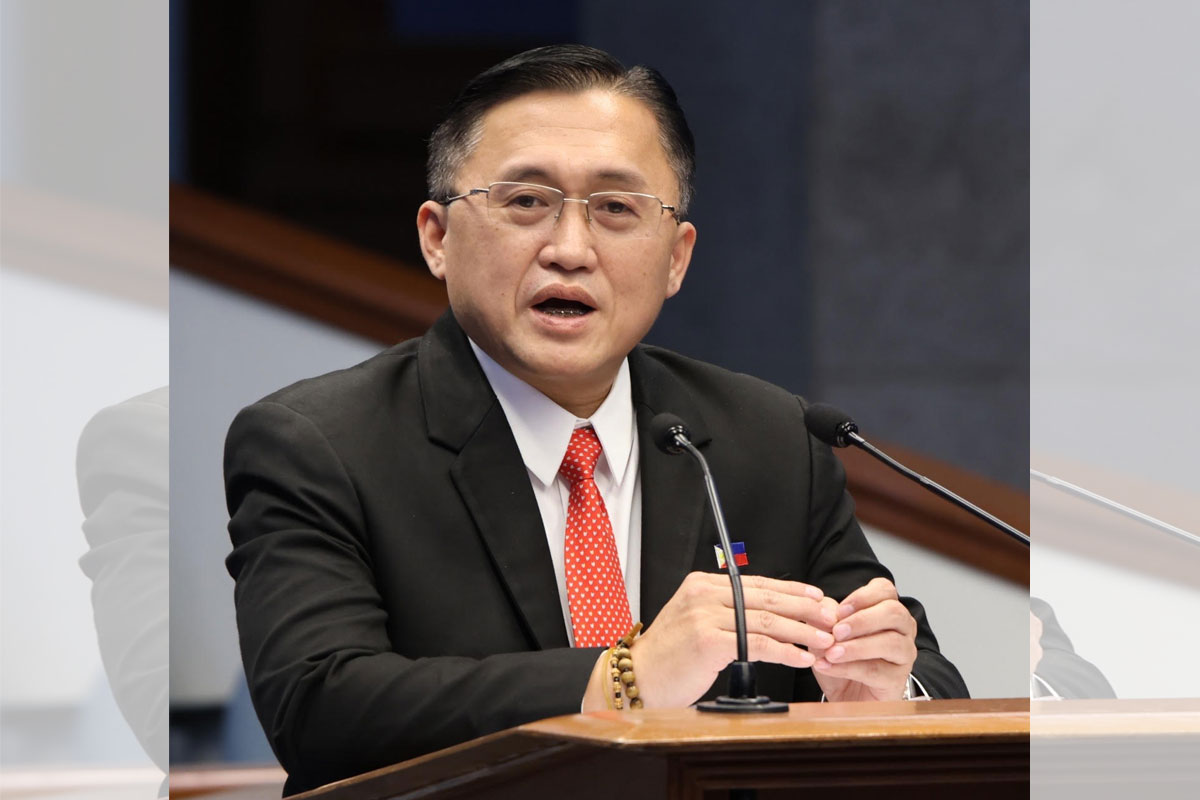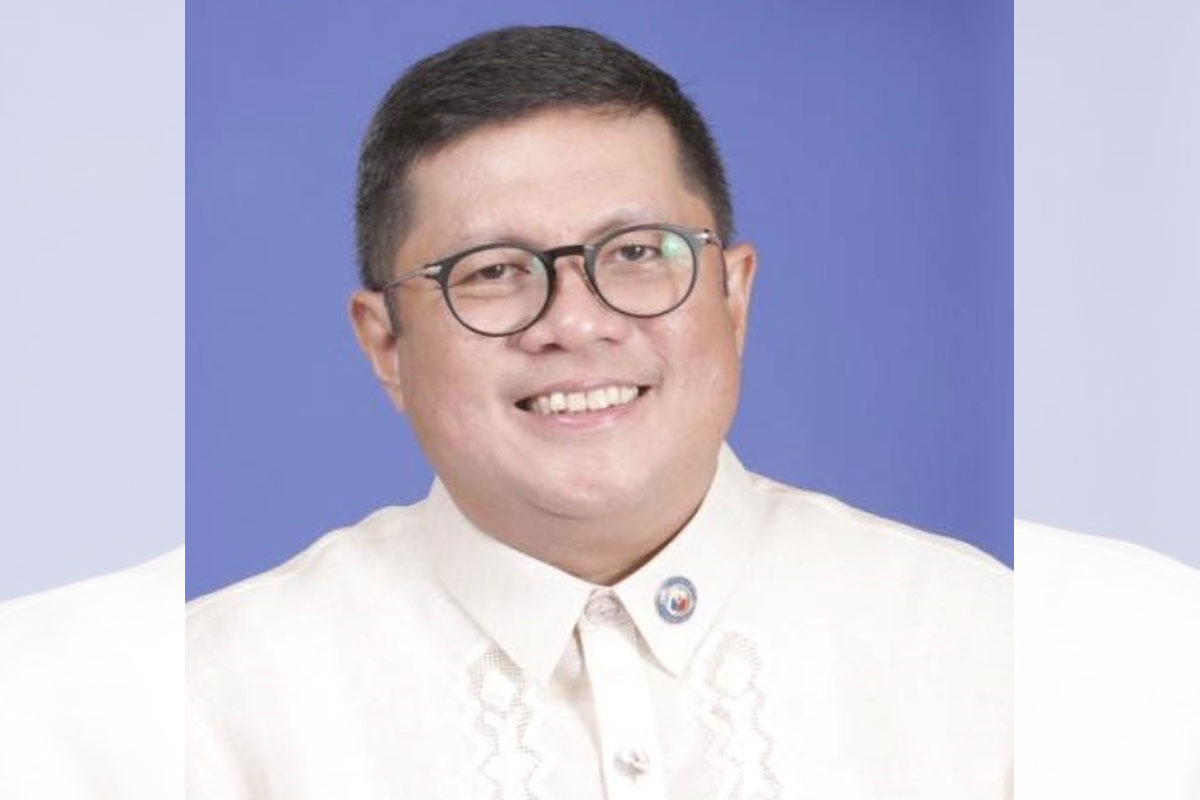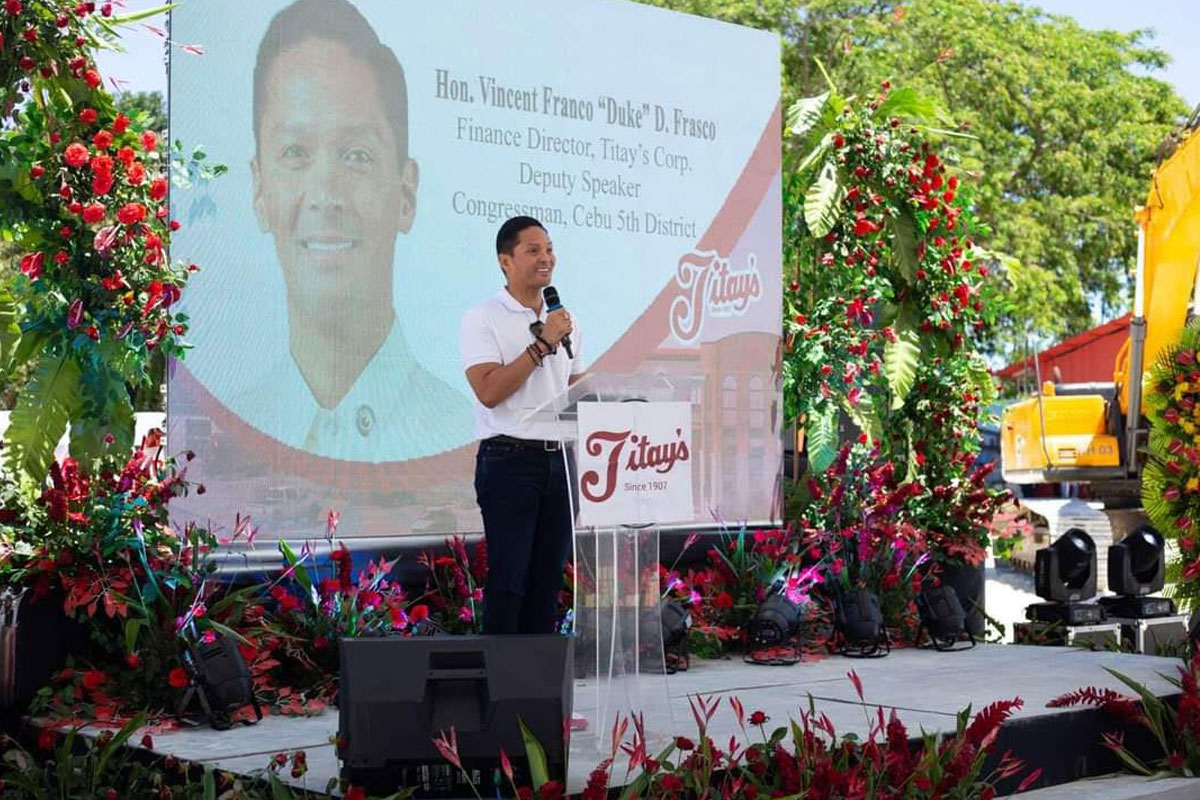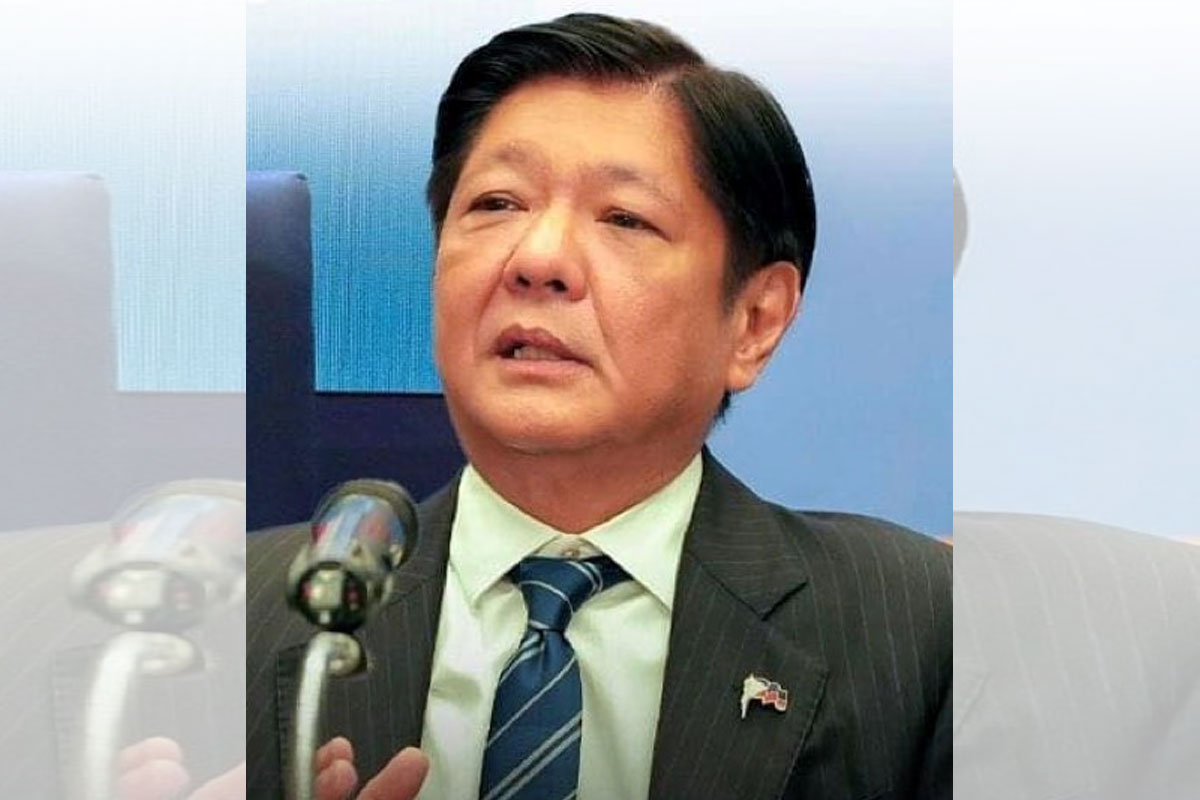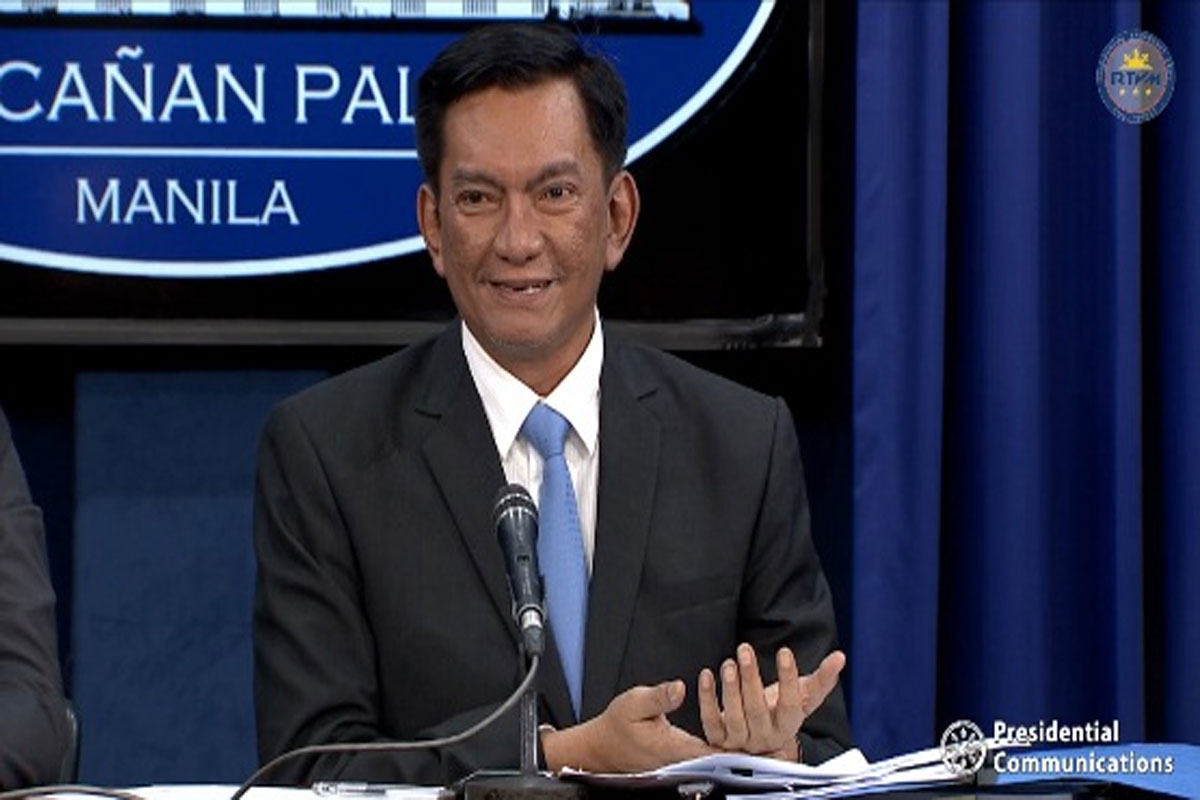
PPP law to close ‘gap’ in infra investment – Salceda
HOUSE Committee on Ways and Means Chairman and Albay 2nd District Representative Joey Sarte Salceda on Wednesday said the proposed Public-Private Partnership (PPP) Law, a State of the Nation Address (SONA) priority of President Ferdinand “Bongbong” Marcos Jr., will help close an infrastructure investment gap of P7.3 trillion as the House of Representatives passed the bill on 2nd reading Wednesday.
Salceda is the principal sponsor and technical working group (TWG) chair of the PPP Act proposal.
“PPPs matter now more than ever. Our national government debt stands at 62.1% of GDP (Gross Domestic Product), and is expected to remain elevated to around 52% at the end of President Marcos’s term. The implementation of the Mandanas-Garcia ruling has also reduced the national government’s fiscal space. Borrowing costs are also expected to remain elevated as central banks continue to fight global inflation. Limited fiscal room forces us to be more creative in looking for funding sources for the country’s infrastructure investment gap,” Salceda said.
“According to the G20 Global Infrastructure Outlook, PH needs US$559 billion in investments in key infrastructure sectors until 2040 to meet the Sustainable Development Goals. Optimistic trends bring us to US$429 billion, with an investment gap of US$ 131 billion, even considering national government investments in infrastructure. In other words, we need to search for funding for around P7.3 trillion in infrastructure projects in order to meet the Sustainable Development Goals (SDG),” Salceda added.
Salceda explained that “The national government cannot realistically raise P1.047 trillion in taxes every year to meet this gap. As Ways and Means Chair, I can already tell you that we cannot raise this much. However, the government can leverage the resources of the private sector to ensure that these projects are undertaken in some form and under some arrangement.”
Salceda emphasized that the country’s private sector can close the infrastructure investment gap.
“In 2021 alone, the capital expenditure budget of the largest conglomerates alone was P585 billion. Some P27.2 trillion in resources [are available for accessing] the country’s financial system. The private sector, in other words, can easily bridge the gap. Thus, a strong framework for public-private partnerships is essential,” Salceda said.
The key features of the proposed PPP Law include the institutionalization of a PPP project pipeline, clarity in the proper approving body for each PPP project, clarity in defining solicited and unsolicited proposals, parameters and guidelines in negotiated procurement of PPP projects, clearer and stronger safeguards in the case of unsolicited projects, stronger competition rules for procurement of PPP projects, clearer rules on joint ventures, redress and risk management mechanisms to ensure the fair allocation and proper management of risks, provisions on the regulation of tariffs and rates, and institutionalization of PPP governance mechanisms, including the PPP center, the PPP governing board, the Project Development and Monitoring Facility, and a PPP unit per agency.
The proposal also includes a clearer definition of “material adverse government action” (MAGA), which is often the most contentious or litigious aspect of PPP contracts, because it is the basis for payment of contingent liabilities by government.
President Marcos’s economic managers also thanked the House for treating the bill with urgency.
“The economic team recommends the urgent passage of the PPP Act as it will greatly enhance private-sector participation in infrastructure development and will aid in the country’s post-pandemic recovery and long-term economic growth,” the economic managers wrote in a December 1, 2022 letter.
The letter was written by Socioeconomic Planning Secretary Arsenio M. Balisacan, Finance Secretary Benjamin E. Diokno, and Budget Secretary Amenah F. Pangandaman.







